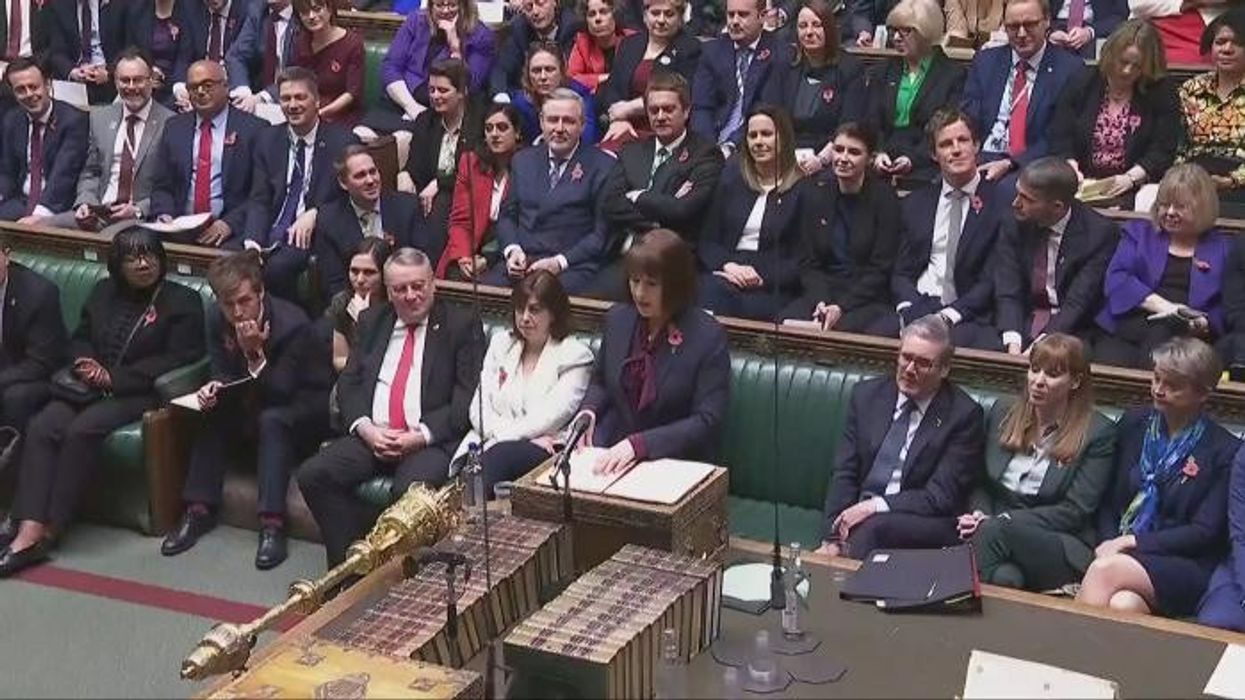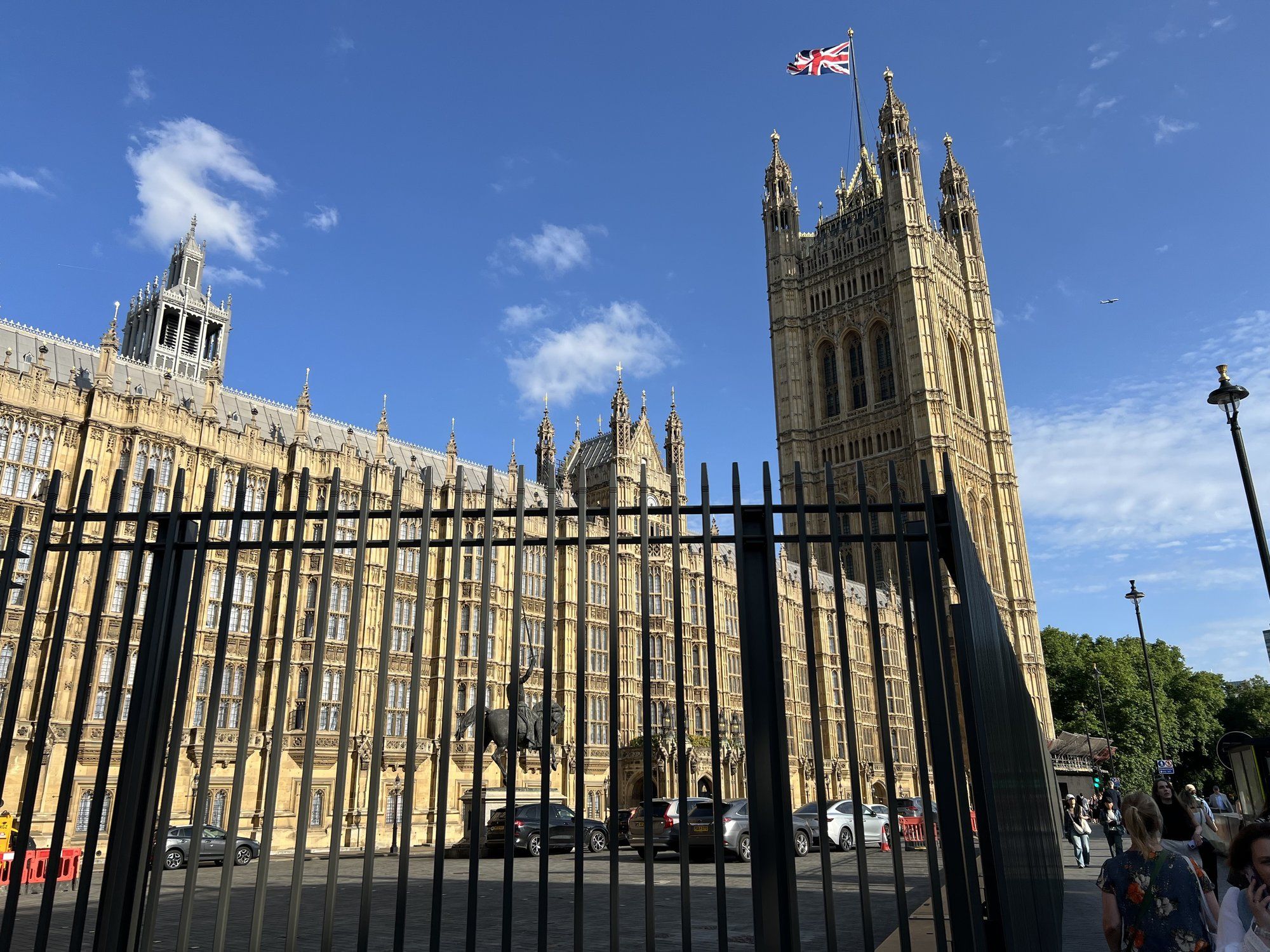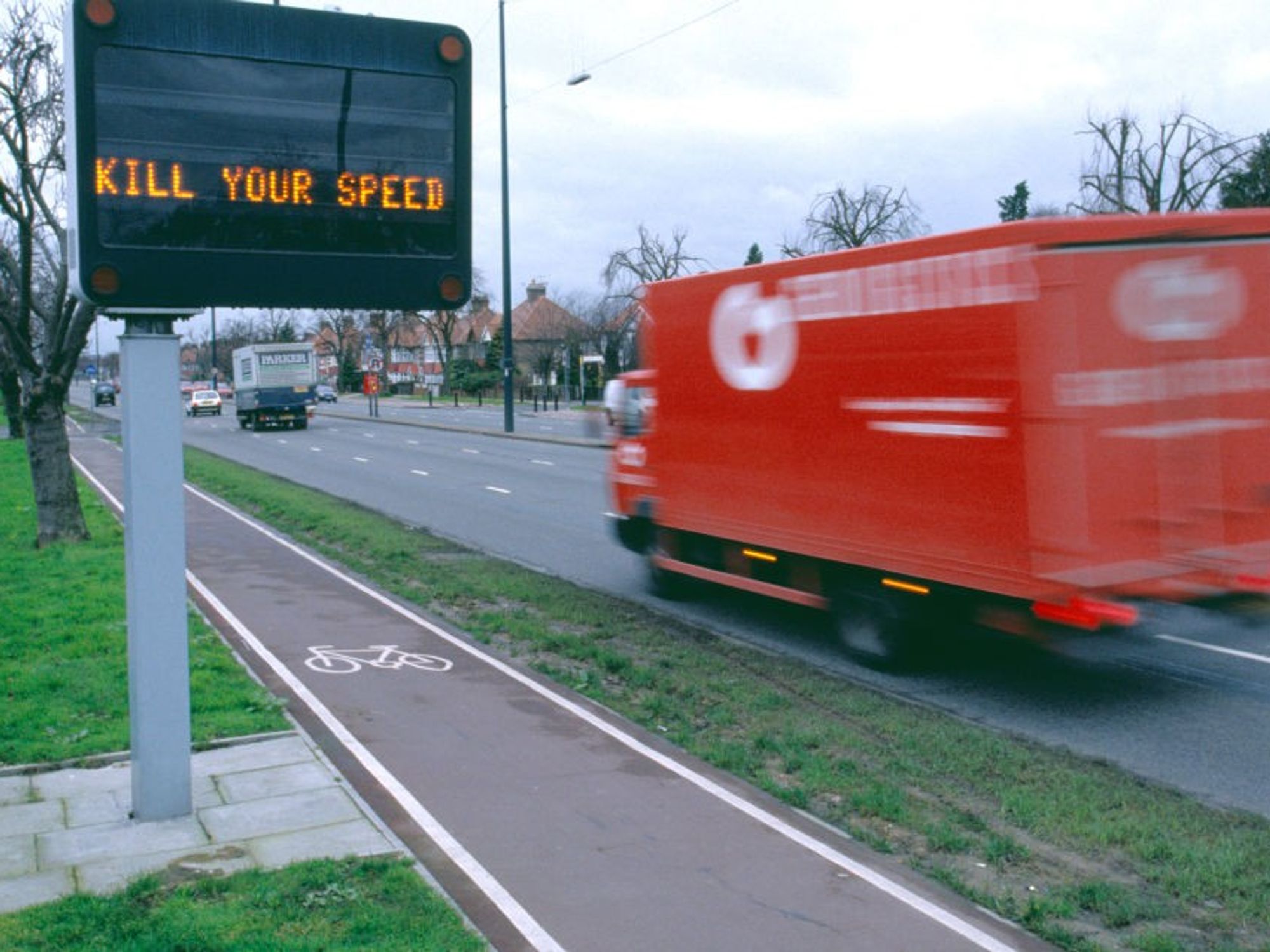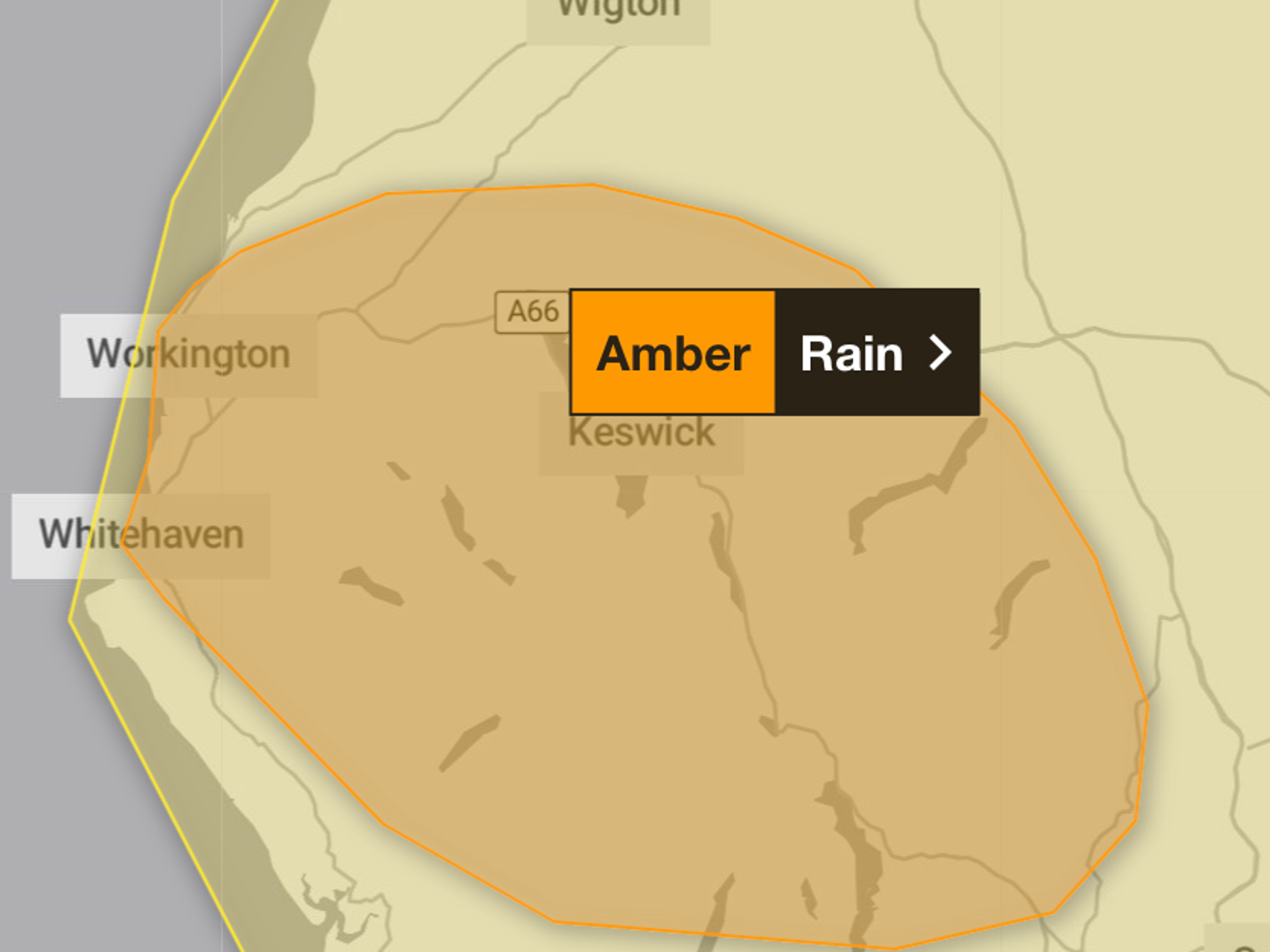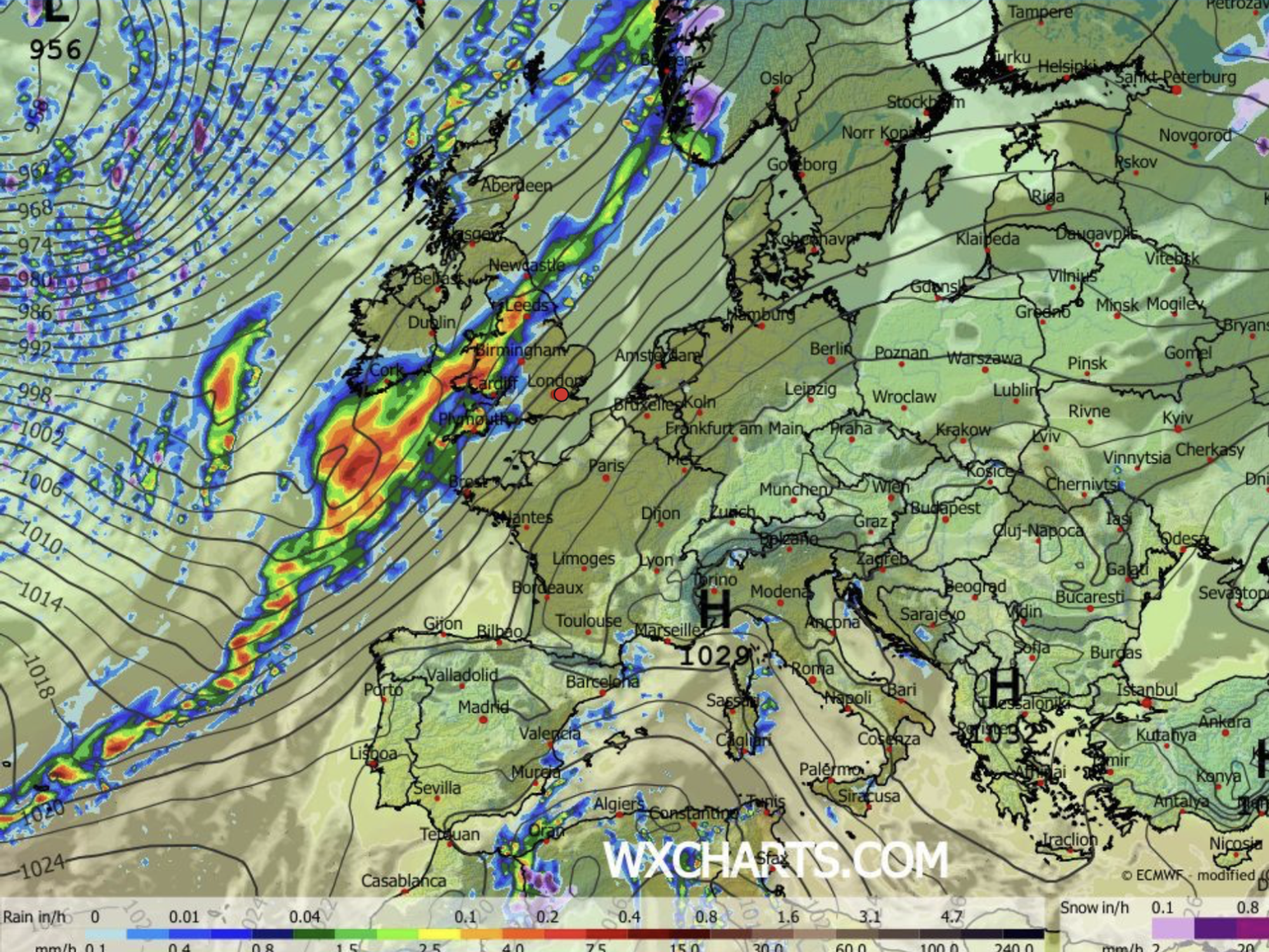Classic cars 'even more valuable' as vehicles remain exempt from Capital Gains Tax after Budget

Classic cars are also exempt from vehicle tax and don't need an MOT test
Don't Miss
Most Read
Experts are calling on drivers to invest in classic cars for major tax benefits after Chancellor Rachel Reeves hiked Vehicle Excise Duty and Capital Gains Tax rates.
Rachel Reeves became the first female Chancellor to unveil a Budget, as well as the first Labour Budget in around 14 years. She announced a number of huge changes impacting motorists.
This included a surprise freeze to the 5p cut on fuel duty, raising Vehicle Excise Duty rates to promote the use of electric cars and additional funding to fill in more potholes.
Capital Gains Tax have been hiked to 18 per cent for basic rate taxpayers and 24 per cent for higher or additional rate taxpayers, effective from October 30, 2024.
Do you have a story you'd like to share? Get in touch by emailing motoring@gbnews.uk
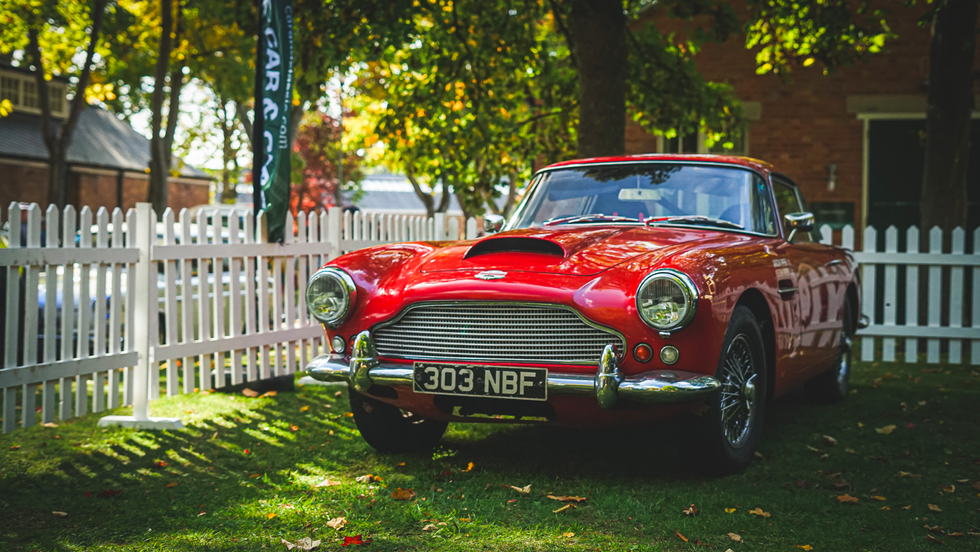
Experts have highlighted the benefits of classic cars following the Budget
|CAR AND CLASSIC
Following the Budget, Car and Classic announced that historic vehicles are exempt from the increase in Capital Gains Tax, a change that could make them an attractive, tax-efficient investment.
Experts from the organisation highlighted how the change in CGT rules makes classic cars a suitable investment for those considering owning a historic vehicle.
While the CGT hike impacts most investments, Car and Classic stated that vehicles purchased for personal use, whether classic or modern, will continue to be classed as "wasting assets" and are exempt.
To qualify for the CGT exemption, cars must remain in their original "personal use configuration", meaning any modifications could change the tax status.
Tom Wood, founder of Car and Classic, said: "Unlike other assets, classic cars, while legally considered ‘wasting,’ often appreciate over time due to factors like restoration, rarity, and historical appeal.
"For collectors, the CGT exemption adds even more value to these vehicles."
Classic cars are also exempt from paying vehicle tax from April 1, 2024, if the vehicle was built before January 1, 1984.
While they will not pay Vehicle Excise Duty (VED), owners of the vehicles still need to tax the vehicle to keep it road legal, or they could face an £80 fine.
If they do not know when the vehicle was built, but it was first registered before January 8, 1984, owners can still apply to stop paying vehicle tax.
However, motorists must be aware that the vehicle will not be exempt if it's used for hire or reward, or is used commercially for a trade or a business.
Eligible vehicles that can apply for the exemption include cars, vans, motorcycles, tricycles, HGVs, buses, mobile cranes and pumps, road rollers, works trucks and digging machines, agricultural machines and mowing machines, snowploughs and gritting vehicles, electric vehicles and steam vehicles.
Vehicles that were first registered more than 40 years ago and have "no substantial changes" in the last 30 years do not need to get an MOT test, although many drivers still voluntarily get one.
LATEST DEVELOPMENTS:
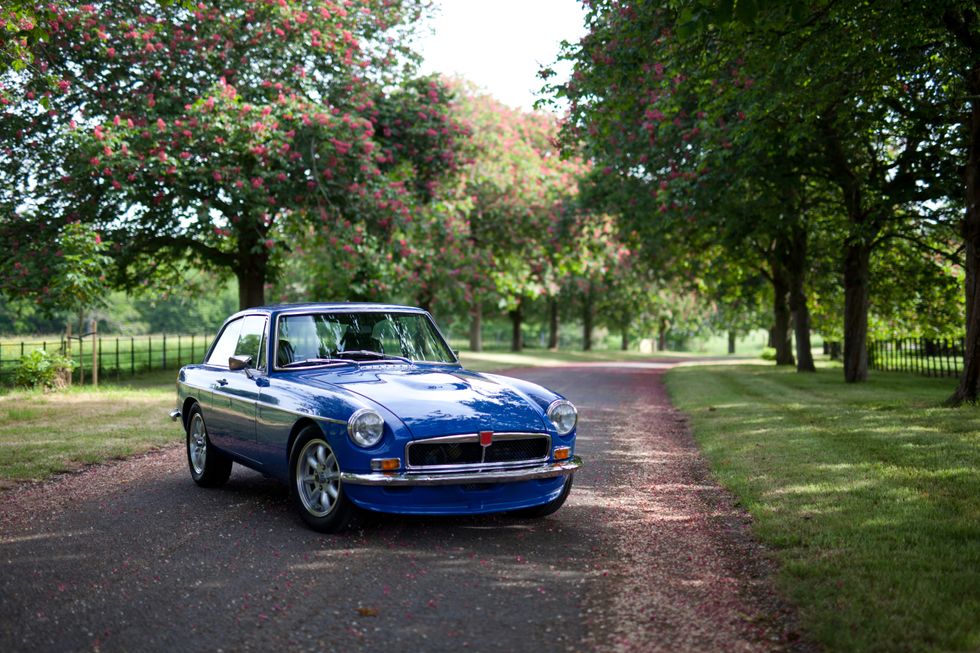
Classic cars are exempt from MOT and vehicle tax
| GETTYHowever, any vehicle that appears on the road needs to ensure that it is road legal as they can be fined up to £2,500 and receive three penalty points for using a vehicle in a dangerous condition.


